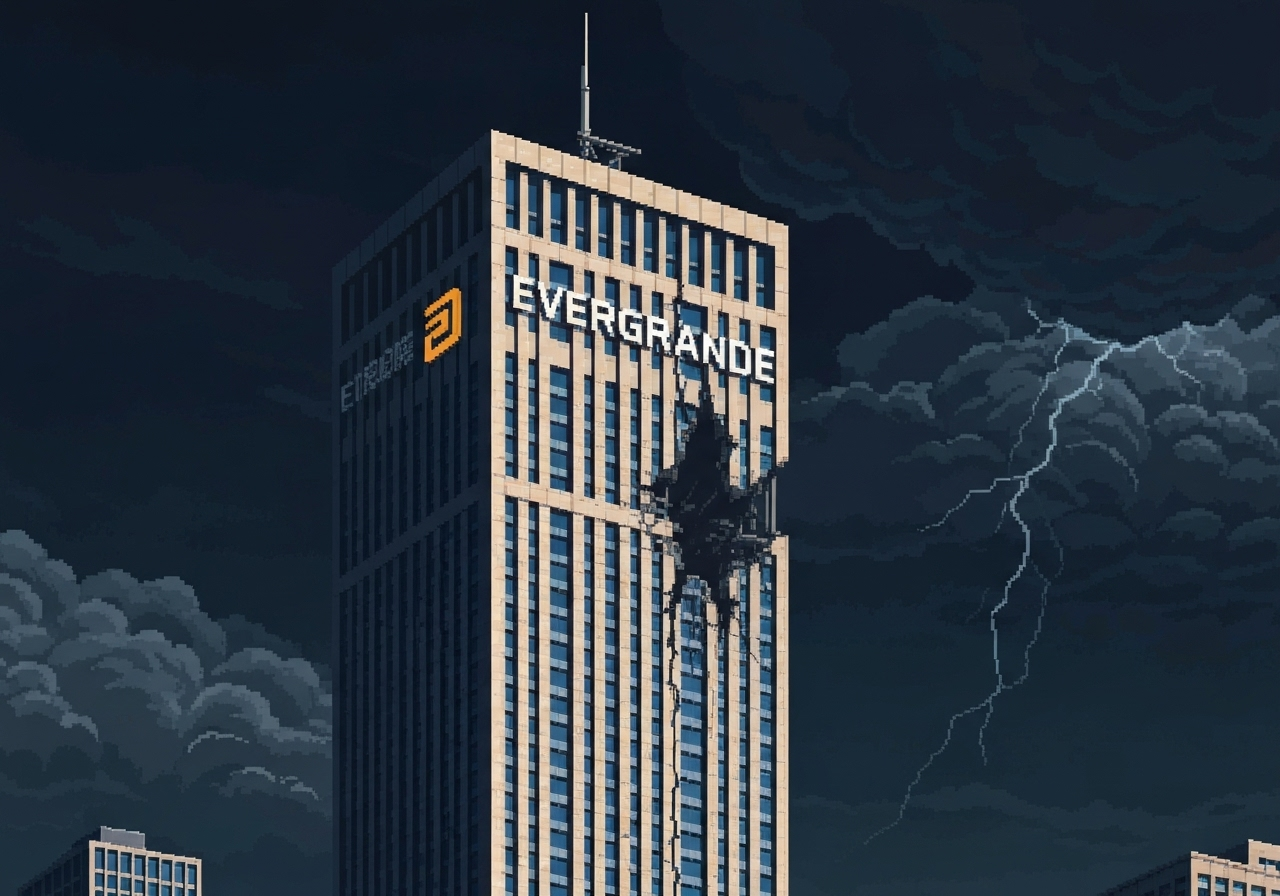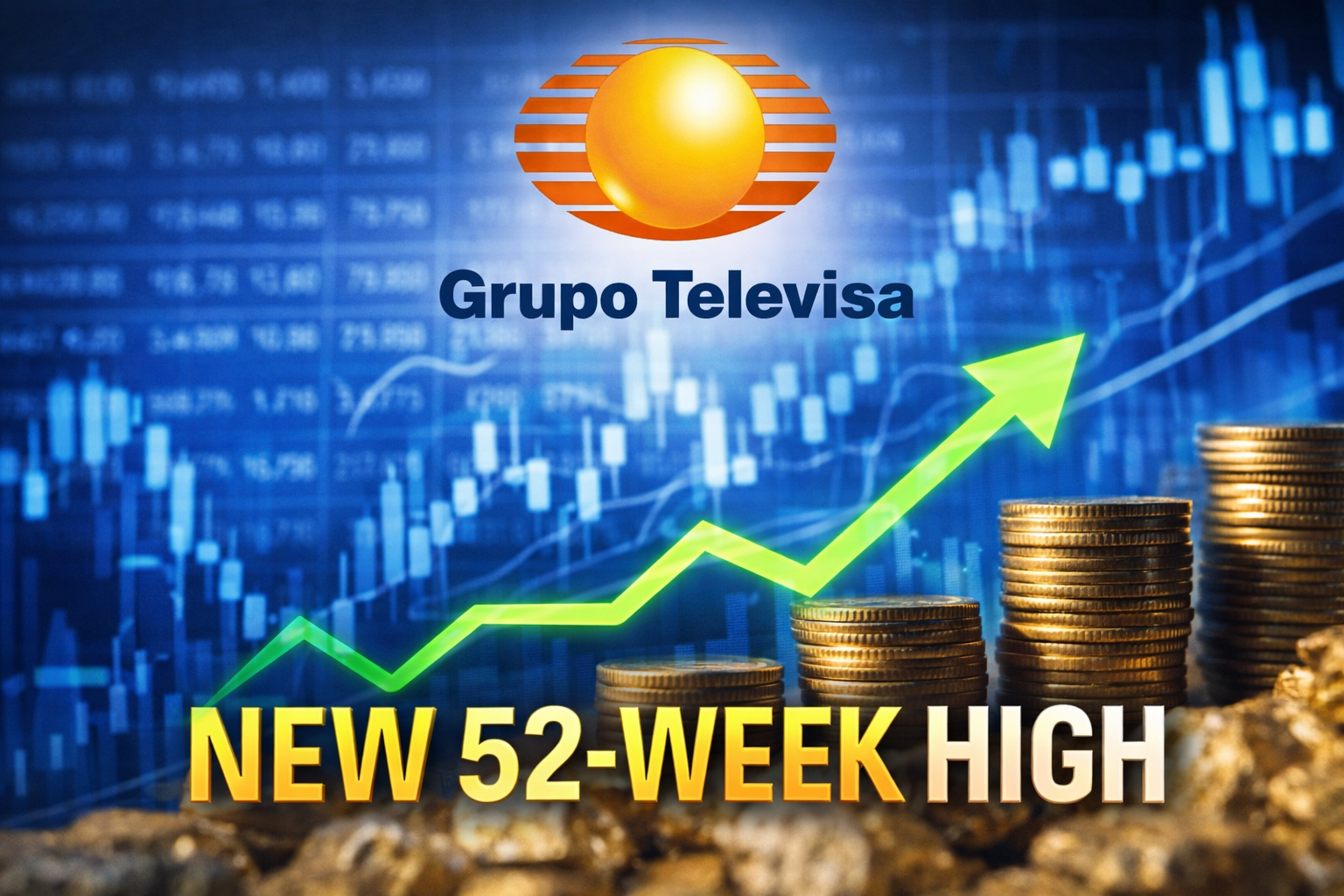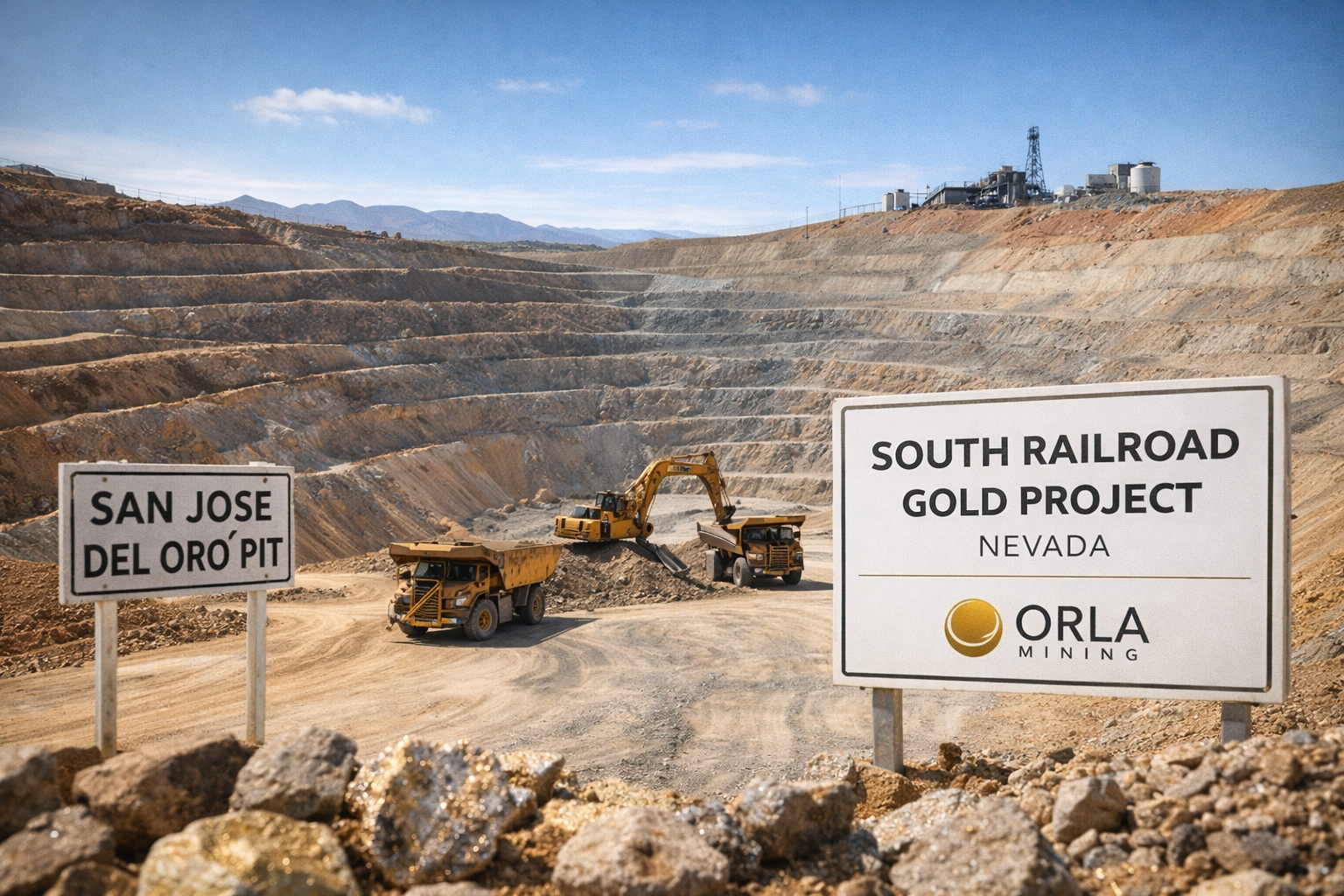Key Highlights
- Delisting date: Evergrande says its Hong Kong listing will be canceled on Aug 25, 2025; the company was notified by HKEX after trading remained suspended beyond 18 months.
- Last listing day: The company indicated Aug 22, 2025 as the final listing day before removal.
- Why now: HKEX can cancel a listing when trading has been suspended ≥18 months—Evergrande’s shares have been halted since Jan 29, 2024 following a liquidation order
- Scale of the collapse: Liabilities once exceeded $300B; liquidators have received $45B in claims and sold about $255M of assets so far—mostly from subsidiaries.
- For holders: Share certificates remain valid but will no longer trade on HKEX after delisting.
Introduction
China Evergrande confirmed it will be delisted from the Hong Kong Stock Exchange on August 25, 2025, capping an 18-month suspension that began when a Hong Kong court ordered the developer into liquidation in January 2024 for failing to present a viable restructuring plan.
Key Reasons Behind Evergrande’s Delisting from the Hong Kong Exchange

Under HKEX rules, shares can be removed if trading is suspended for 18 months or longer. Evergrande’s trading halt started Jan 29, 2024, triggering the bourse’s delisting process. The company said it received a formal notice on Aug 8, will not seek a review, and noted that Aug 22 will be the last day of listing before the formal removal on Aug 25.
On top of all this, rules in Hong Kong say a company must leave the stock exchange if its share trading is stopped for 18 months in a row. Evergrande did not start trading again before this deadline. This means the stock exchange had to write to Evergrande and tell them about the delisting. Evergrande decided not to fight this move by the Stock Exchange of Hong Kong.
Regulatory Actions and Exchange Requirements
Regulators played a pivotal role in Evergrande’s delisting. The China Securities Regulatory Commission and the Hong Kong court issued a liquidation order in January 2024, concluding that Evergrande failed to present a viable debt restructuring plan. This action closed the door to further trading and initiated formal liquidation proceedings for Evergrande and its subsidiaries.
Hong Kong Exchange listing rules demand that a company’s listing be canceled if its shares remain suspended for 18 months. The Exchange sent a formal letter on August 8, 2025, confirming its decision to delist Evergrande as trading had not resumed by July 28, 2025. Evergrande’s board chose not to seek a review, finalizing the process.
| Regulatory Body/Entity | Action Taken |
|---|---|
| China Securities Regulatory Commission | Imposed fines, lifetime bans, and penalties for financial misconduct |
| Hong Kong Court | Issued liquidation order for failure to restructure debt |
| Hong Kong Stock Exchange | Enforced 18-month suspension rule and initiated delisting |
| Exchange Listing Committee | Notified Evergrande of listing cancellation |
These coordinated actions reflect a strict approach to upholding market integrity and investor protection in Hong Kong.
Impact of Evergrande’s Debt Crisis on Delisting Decision
Evergrande’s huge debt burden was the main reason for its fall. The real estate developer wanted to grow fast and took on a lot of debt from banks, bondholders, and customers. When the company could not get new money and started missing payments, these vast obligations became too much to handle. This led the group into liquidation and caused it to be taken off the stock exchange.
- Evergrande was the world’s most indebted property developer, owing more than $300 billion.
- The company did not show a good plan to repay its debts or help creditors, so the Hong Kong court gave a liquidation order.
- The problem caused a chain reaction in the Chinese property sector, because other real estate companies also had trouble finding money.
- The collapse put more pressure on other developers and showed that the whole industry was having a hard time.
This debt-driven collapse did not just force Evergrande’s removal from the stock exchange. It was also a warning to others in China’s property sector.
Implications for Shareholders and Investors

Equity holders face a hard stop: after delisting, Evergrande shares won’t trade on HKEX, even though physical share certificates remain valid documents. For creditors, recoveries hinge on further asset disposals and litigation; early sales have been described as “modest,” and Reuters notes the process may extend beyond a decade.
Moreover, Evergrande’s removal from HKEX is a watershed moment for a sector already hit by tighter borrowing rules introduced in 2020. Other developers—including Country Garden and China South City Holdings—are also facing liquidation proceedings, highlighting persistent stress across the industry despite policy support.
Immediate Effects on Stock Value and Ownership
The most direct change for Evergrande shareholders is that they lose the ability to trade their shares. After the last day the stock is listed, people cannot buy or sell Evergrande shares anymore. The certificates for the shares are still real, but there is no market for them. For most, this means their collective assets in Evergrande are locked up.
- The last price for Evergrande shares was HKD 0.16. This price shows just how severe the crisis has become.
- Share trading stopped in January 2024. This cut off a way for investors to leave the market.
- Owners of shares in smaller property companies face the same risks. The trouble with Evergrande spreads to the rest of the market.
- Stock indices that include Evergrande will change by themselves. But there may still be some ups and downs for a while as property stock prices remain unstable.
Many people now hold shares that they cannot sell. They hope that something from liquidating the company or selling its assets may give them a payout, but it is not certain.
Conclusion
To sum up, China Evergrande has been taken off the Hong Kong Exchange. This is a big moment. It happened because of rules from regulators and the company’s ongoing problems with debt. If you are a shareholder or investor, you need to know that this will impact the value of your shares right away. You should also think about what legal or money issues might come from this.
It is important for everyone who put money into China Evergrande, or who could be affected, to stay up to date. You need to pay attention and act quickly with changes like these. If you want to know more about what this means and get expert advice, feel free to ask for a consultation.




